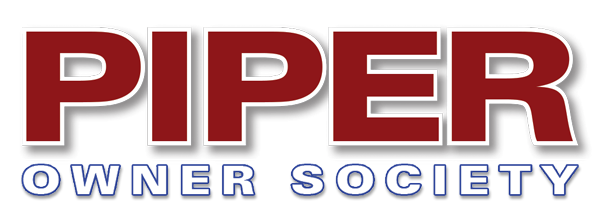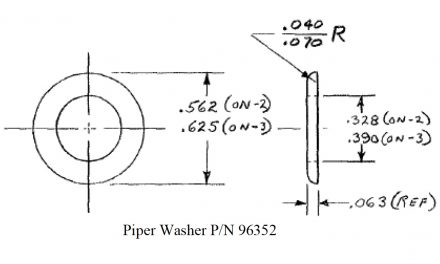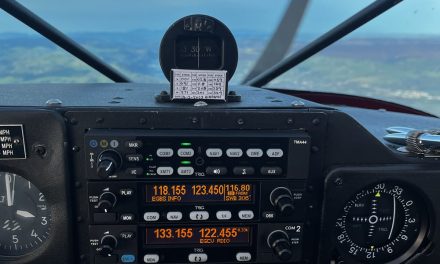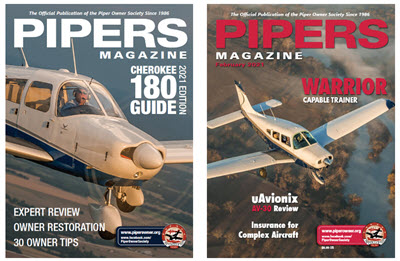 On September 2, 2015, the Federal Aviation Administration (FAA) published updated guidance on model aircraft operations that reflects current law governing hobby or recreational use of unmanned aircraft.
On September 2, 2015, the Federal Aviation Administration (FAA) published updated guidance on model aircraft operations that reflects current law governing hobby or recreational use of unmanned aircraft.
Advisory Circular (AC) 91-57A replaces the previous guidance that, as written in 1981, did not reflect the rules Congress wrote into Section 336 of the FAA Modernization and Reform Act of 2012.
The updated advisory circular details the 2012 law’s description of a “model aircraft operation”:
- The aircraft is flown strictly for hobby or recreational use;
- The aircraft operates in accordance with a community-based set of safety guidelines and within the programming of a nationwide community-based organization (CBO);
- The aircraft is limited to not more than 55 pounds, unless otherwise certified through a design, construction, inspection, flight test, and operational safety program administered by a CBO;
- The aircraft operates in a manner that does not interfere with, and gives way to, any manned aircraft; and
- When flown within 5 miles of an airport, the operator of the model aircraft provides the airport operator or the airport air traffic control tower (when an air traffic facility is located at the airport) with prior notice of the operation. Model aircraft operators flying from a permanent location within 5 miles of an airport should establish a mutually agreed upon operating procedure with the airport operator and the airport air traffic control tower (when an air traffic facility is located at the airport).
The guidance stresses model aircraft operators must comply with all Temporary Flight Restrictions (TFR), that they may not fly in any type of restricted airspace without prior authorization, and that they should be aware of Notices to Airmen (NOTAMS) that address flights near federal facilities, stadiums, and other public and industrial areas.
The guidance also makes it clear that model unmanned aircraft operations that endanger the safety of the nation’s airspace, particularly careless or reckless operations and interference with manned aircraft, may be subject to FAA enforcement action.





